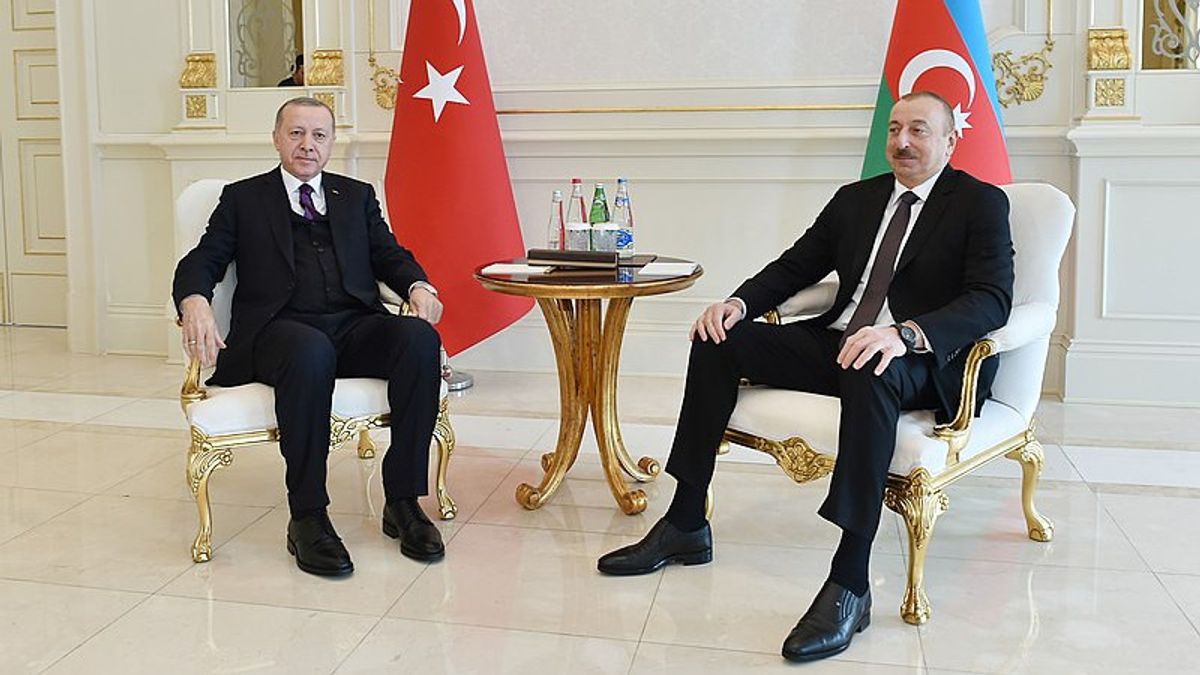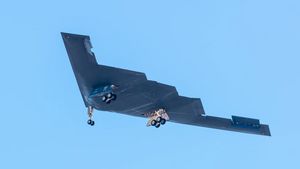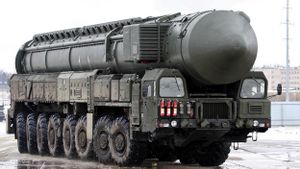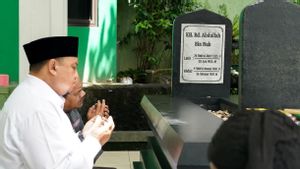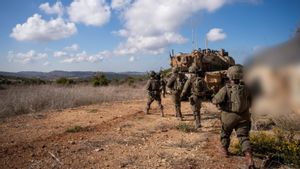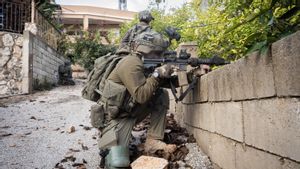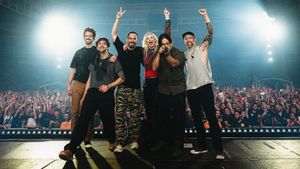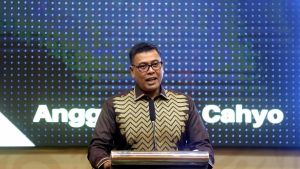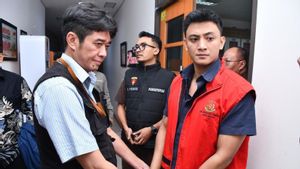JAKARTA - Turkish President Recep Tayyip Erdogan's strong support for Azerbaijan in the Nagorno-Karabakh conflict has distinguished Turkey from other major powers. This worries NATO allies who are demanding a ceasefire.
But for Erdogan, assertiveness is a strategic priority. Moreover, it is a costly necessity that strengthens Turkey's strategy to flex military power abroad as well as to maintain support at home. Erdogan described Turkey's support for Azerbaijan as part of Turkey's quest for "a proper place in the world order."
Erdogan sees an opportunity to change the status quo over Nagorno-Karabakh. France, the United States and Russia have for decades led international mediation efforts. Ethnic Armenians retain control of the Nagorno-Karabakh region despite being internationally recognized as part of Azerbaijan.
“The Turkish logic in almost all corners of the map is a nuisance. Anything that undermines the status quo is good for it, because the previous status quo was seen as against its interests, ”said Galip Dalay of the Robert Bosch Academy.
“In Nagorno-Karabakh there is a frozen conflict that remains in Armenian hands. Turkey wants to spoil this game even if it cannot fully determine it, given Russia's traditional influence in the region, "he added.
Turkey's stance by sending implicit threats to Armenia and messages of caution to Russia - which has a defense pact with Armenia - reflects Turkey's confidence in drone wars in Syria, Libya and Iraq, political analysts said.
Turkish-made drones are now spearheading Azerbaijan's offensive and a senior official in Ankara said Turkey provided infrastructure and weapons support, even though there were no troops on the ground. Erdogan is also betting that, despite their differences over Nagorno-Karabakh, Turkey and Russia have done enough to avert a wider conflict in the region.
Make things worseRussia, the United States and France have led calls for a ceasefire in Nagorno-Karabakh. Erdogan said they had ignored crises over the past three decades and should not lead peace. Turkey says lasting peace will depend on proposals made for what happens after hostilities end.
Military successes and tensions in other parts of the world have helped the AK Party, Turkey's ruling party allied to nationalists, maintain an edge in opinion polls. Their polls were high despite currency depreciation exacerbating the economic impact of the COVID-19 pandemic in Turkey.
Approval of Erdogan's leadership rose by nearly 5 percent last month. This is according to the research group MetroPoll, after a dispute with the European Union over Mediterranean territorial rights. "All the conflicts out there raise the perception that Turkey is a besieged country, right or wrong," said Sinan Ulgen, chairman of the Istanbul-based think tank EDAM.
Turkey's dependence on gas imports from Azerbaijan jumped 23% in the first half of 2020. This is also an impetus for Turkey to take a firm position in Nagorno-Karabakh.
Turkey's defense spending has also surged 16 percent this year to US $ 7 billion or 5 percent of the total budget. Meanwhile, Turkey's own military budget has jumped nearly 90% in a decade. Cross-border campaigns such as those undertaken by Turkey in northern Syria, Iraq and Libya are a priority for Erdogan.
"Neither a pandemic nor a budget slump will be an obstacle to defense spending," said a Turkish official. "This is unwelcome but obligatory. Turkey is on the field with the United States and Russia. We can't think or act in the least. "
The United States' dwindling presence in the region has left a gap Turkey and Russia seek to fill. The two countries also used diplomacy to help resolve the conflicts in Syria and in Libya.
The English, Chinese, Japanese, Arabic, and French versions are automatically generated by the AI. So there may still be inaccuracies in translating, please always see Indonesian as our main language. (system supported by DigitalSiber.id)
